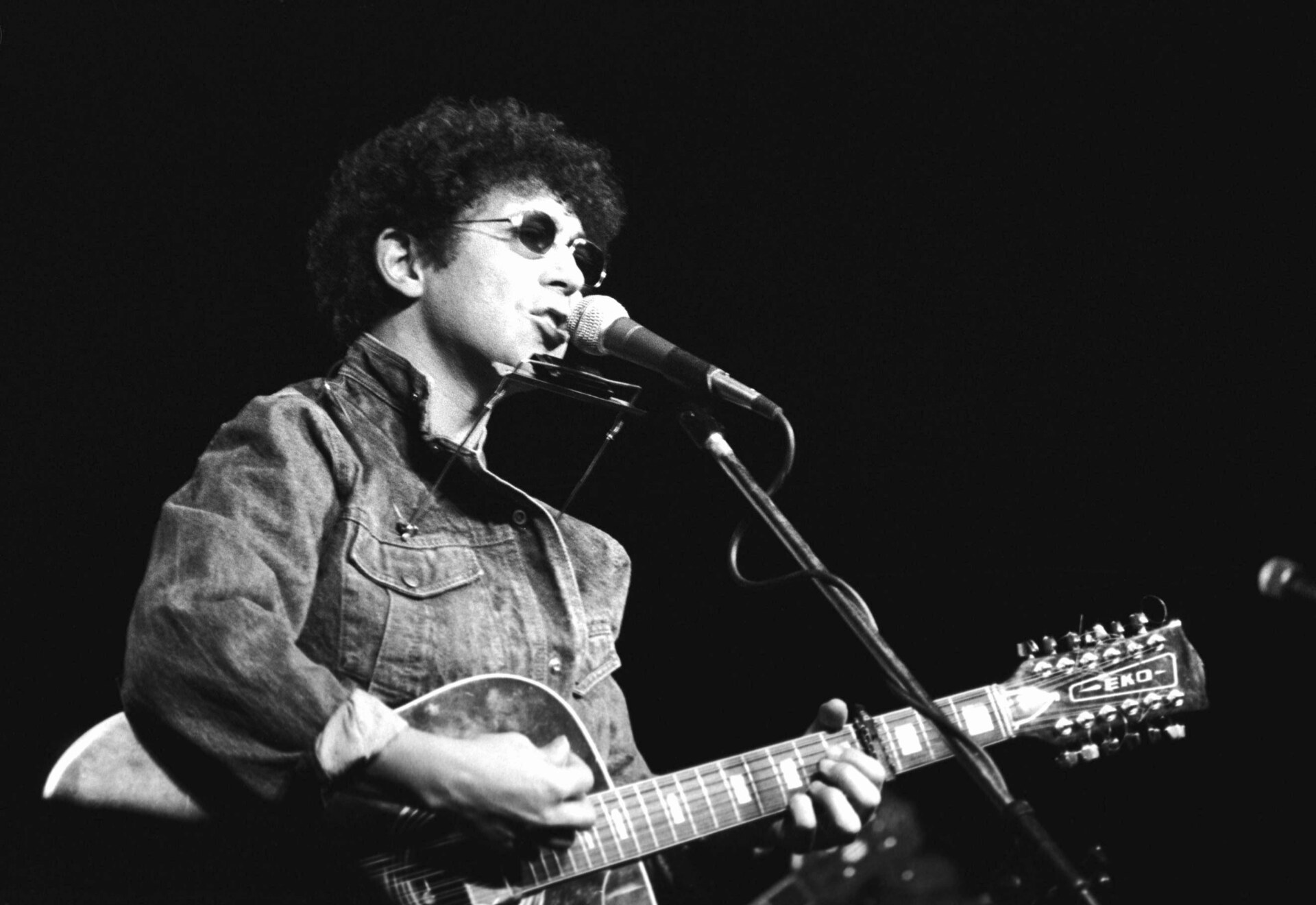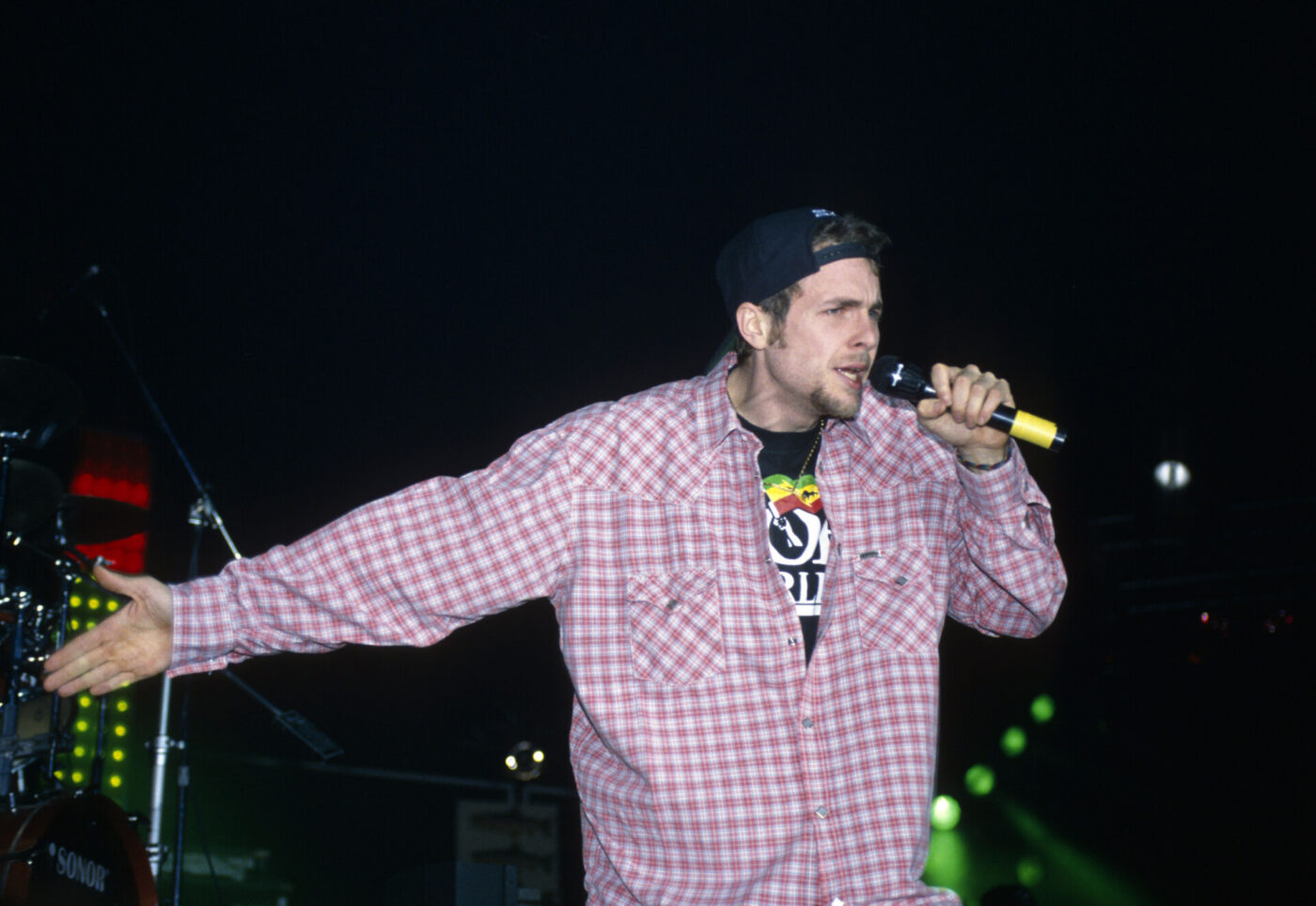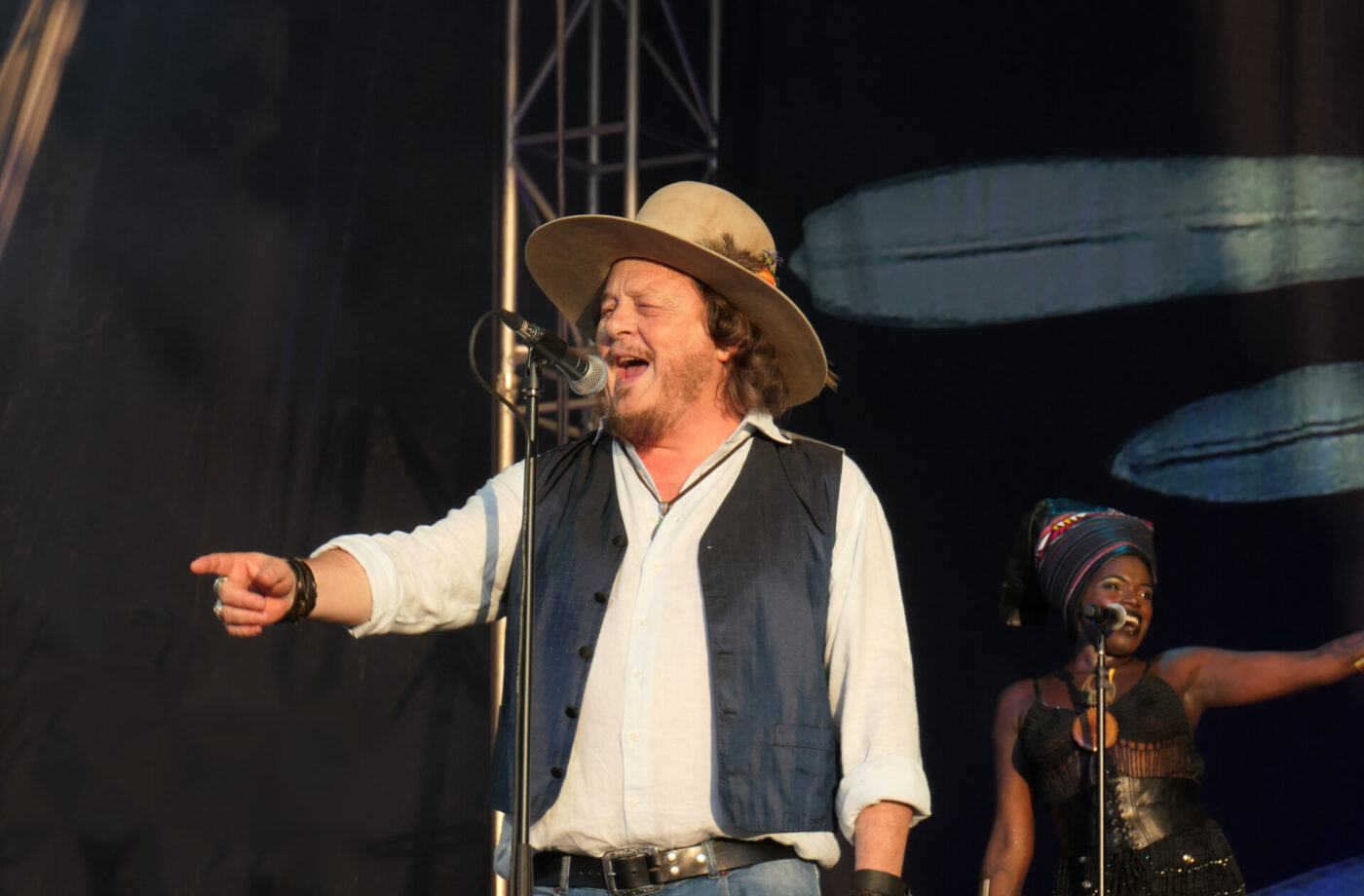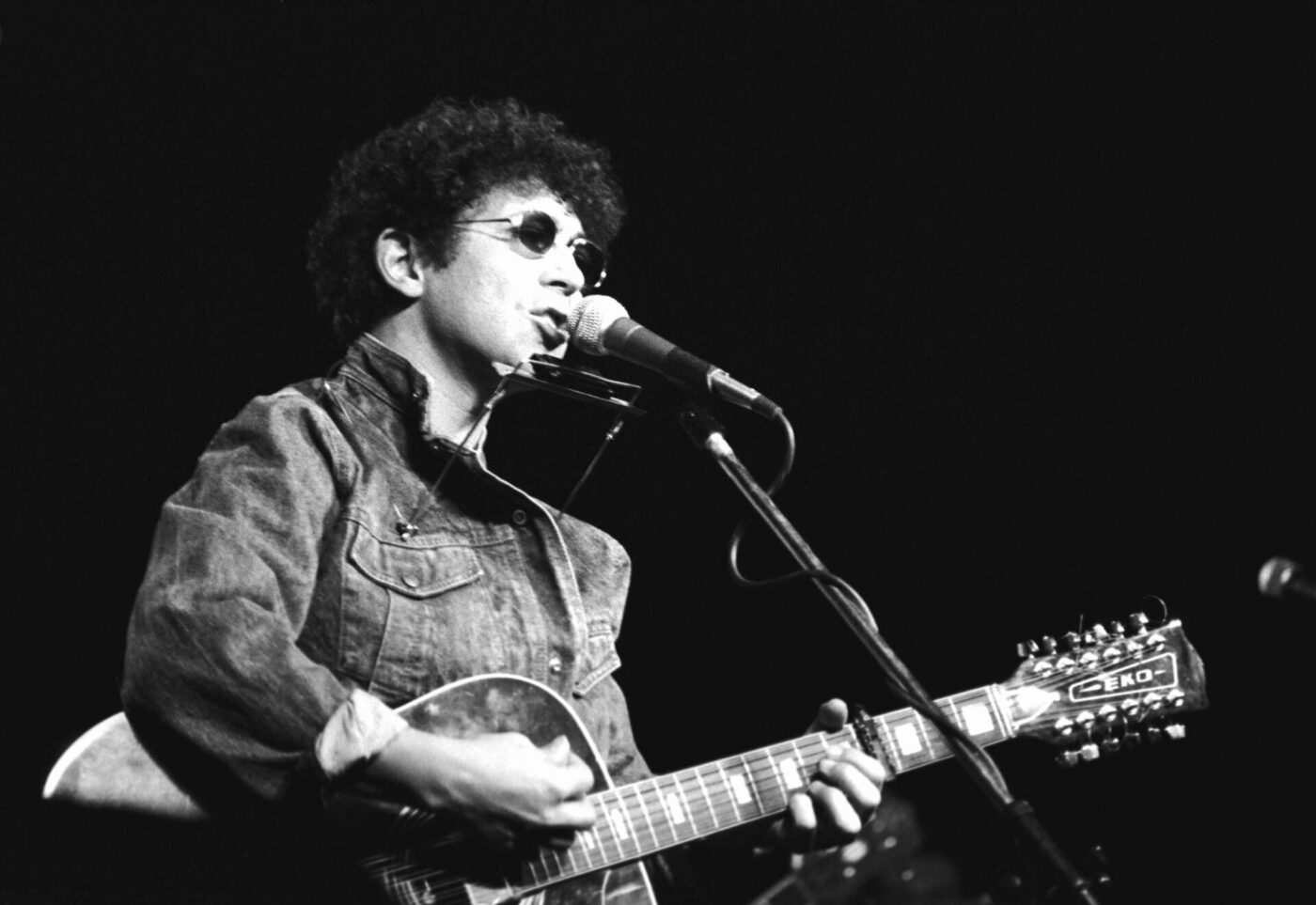Italy’s Top 40 Hits have been blasting since 8 AM at the stabilimento (beach club). After the fifth repetition of the unshuffled playlist, you’re wishing for something, anything, else to play. Whatever idea you had of a tranquil day on the coast is being ruined by the constant pop music pumping in the background. And it’s not like you can escape the songs once you leave: shops, bars, and supermarkets across the boot are playing the same ones, following you from your morning al mare to the depths of your consciousness, playing on repeat in your head as you desperately attempt to fall asleep. These, in essence, are tormentoni, those indefatigable, catchy, never-that-musically-advanced songs that somehow take on even more personality in summer–a phenomenon understood by the music industry too.
The term was first used in 1961, by music critics at February’s Festival di Sanremo, as an insult of Nico Fidenco’s song “Legata a un granello di sabbia“. Following the rejection, his label converted the song into a seasonal single, releasing it four months later in June… Flaunting in the faces of those critics, the ballad was the first Italian single to sell one million copies. From that moment, the market of songs designed to be listened to in 40-degree weather beachside was unlocked.
In the following years, the genre took off in Italy thanks to Festivalbar, the now-defunct televised music festival that provided a platform for emerging, as well as one-hit-wonder, talent.
But, however annoying tormentoni might be in summer, after temperatures slink back down and tans fade, we crave these songs that evoke memories of lapping waves, melting gelato, barefoot dancing, sizzling sunshine, and carefree nights of summers past. Here, the iconic tormentoni of the 90s through the 2000s–and a corresponding playlist that captures the (mainstream) sounds of estate Italiana, no matter if you press play in August or November.
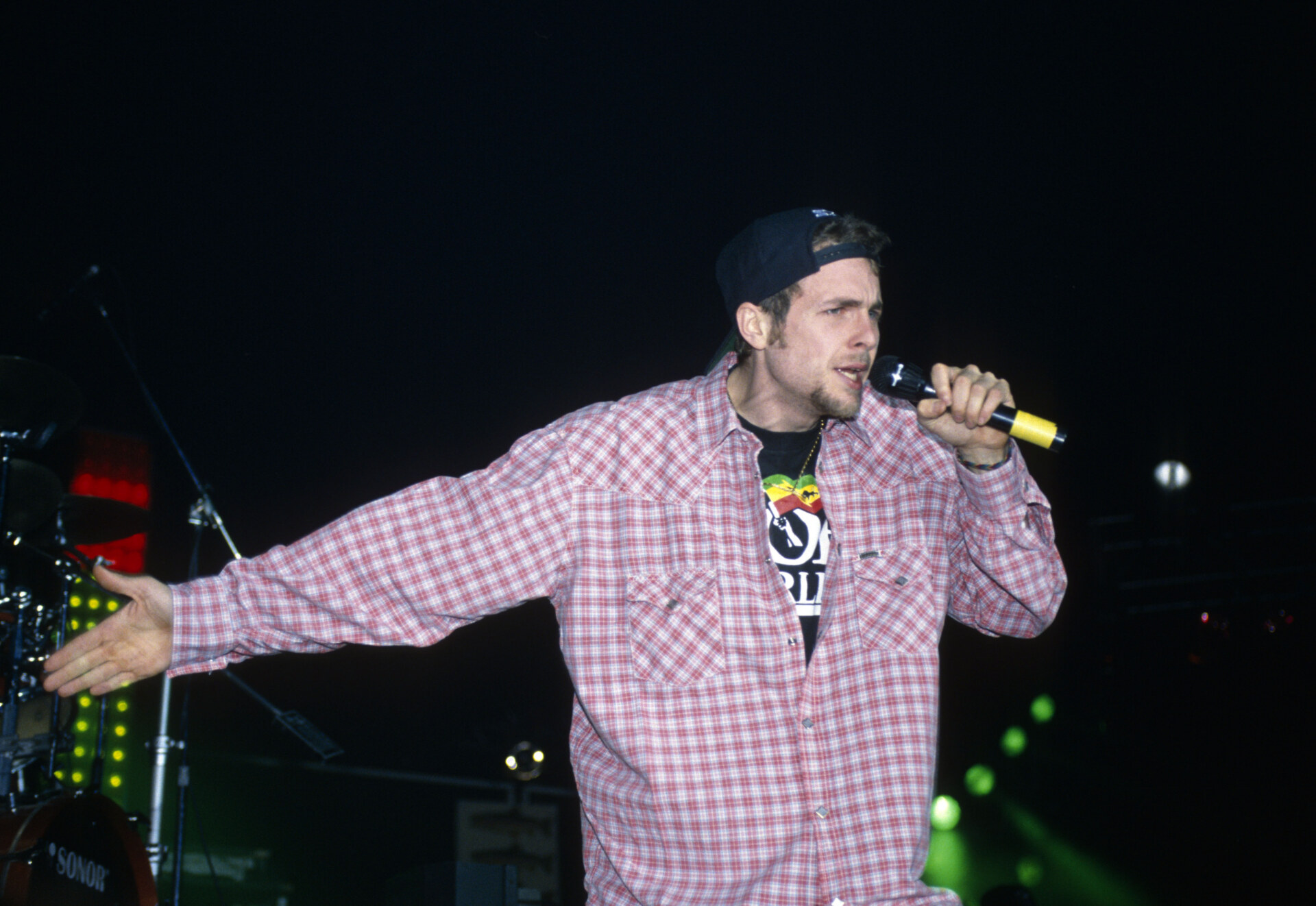
Jovanotti; Photo by Gorup de Besanez - Own work, CC BY-SA 4.0
1990: Our story begins in 1990 when Italy dreams of winning the World Cup after an agonizing eight years. Their beacon of hope? Star player Totò Schillaci. Their anthem? “Un’Estate Italiana” by Edoardo Bennato and Gianna Nannini, composed by Giorgio Moroder. Italians live the song’s “notti magiche” (“magical nights”) until Maradona’s Argentina beats Italy in the semi-finals.
1991: The biggest success of the year comes from abroad with American singer Crystal Waters’s “Gypsy Woman“, while Gino Paoli wins Festivalbar with “Quattro Amici“, a song of four friends complaining about life while sipping drinks at their favorite bar. The protagonist comes to the poignant realization that time has marched on, yet nothing has changed, and the new generation is already knocking down the doors–spot on for 1991.
1992: Melancholy continues into 1992 with Luca Carboni’s “Mare mare“, another Festivalbar winner, about a man hopelessly searching for a woman who will never show up for their date. Summers in the 90s are a bit emo. The “mani pulite” (“clean hands”) investigations into Italy’s political corruption certainly don’t help.
1993: The year’s first hit follows suit with a tale of unrequited love, accompanied this time by synthesizers and electronic instruments: “What is Love” by Trinidadian Haddaway becomes an instant evergreen of 90s dance music. Meanwhile, Italy appreciates the rock duo 883 with lead singer Max Pezzali and guitarist Mauro Repetto; their song “Nord Sud Ovest Est” follows the success of the previous year’s “Hanno ucciso l’uomo ragno“.
1994: While Silvio Berlusconi makes his mark on the political scene, Corona’s swanky “The Rhythm of the Night” becomes a radio sensation. Although the frontwoman is Brazilian model Olga de Souza, the iconic voice behind the microphone is that of the Italian Jenny B, who will go on to win Sanremo Giovani six years later. The lyrically simple song becomes so synonymous with the decade that it’s unquestionably included in any 90s revival playlist.

Zucchero; Photo by Meyer-Konstanz - Opera propria, CC BY-SA 4.0,
1995: We dance in crop tops and platform sandals to the international hit “Scatman (Ski Ba Bop Ba Dop Bop)” by the American Scatman John, a song popularized in Italy through the Vanzina brothers’ films. On the national front, we jam to 883’s “Tieni il tempo”, and Zucchero Fornaciari’s “Per colpa di chi” catchy refrain teaches us to always say “si”.
1996: Spanish duo Los del Río has the whole world up and dancing (in unison!) to the “Macarena“. Although the song was recorded three years earlier, it gains and retains global success from 1996 on. The seemingly upbeat lyrics actually tell the story of a woman–named Macarena–who takes advantage of her boyfriend’s military service to cheat on and betray him… At least the dance is fun. Italian representatives include “Più Bella Cosa” by Eros Ramazzotti and “Tranqui Funky” from Articolo 31–quiet funky is just how they are!
1997: The year’s summer hit, from Denmark, is all about glitz and glamor: Aqua’s “Barbie Girl” cheekily proclaims that “life in plastic is fantastic”. The song will make a comeback in 2023 with the Barbie movie, along with Iezzi sisters Paola and Chiara, who will return to the scene (following a 25-year hiatus) with the songs “Furore” and “Mare Caos”. In 1997, their song “Bella” gains popularity at Festivalbar following their victory in Sanremo Giovani with “Amici come prima”.
1998: Italy is living la vida loca. The World Cup’s, and the summer’s, official anthem is “La copa de la vida” by Puerto Rican Enrique Martin Morales, better known as Ricky Martin. The song’s success follows “Un dos tres, Maria” and continues to flood Italian stabilimenti with Latin dance pop. In “Solo una volta (o tutta la vita)”, Alex Britti considers a one-night stand or a forever together… The Roman cutie has clearly never heard of a situationship.
1999: As the Lira leaves and inflation hits our shores, the last year of the 20th century goes out with a bang–musically, that is. At Festivalbar, veteran Jovanotti emerges victorious with “Raggio di sole“. Then, all women named Monica, Erica, Rita, Tina, Sandra, Mary, and Jessica have their 15 minutes of summer fame with the jazzy track “Mambo no. 5” by German phenomenon Lou Bega. But the headliner of the summer is Lùnapop, an Emilian band led by frontman Cesare Cremonini. After facing rejections from multiple record companies, the Universo label finally decides to release “50 Special” about heading out of town aboard the namesake Vespa, the first single from their album “…Squérez?” that will go on to become the best-selling album by an Italian band in the history of national discography. (It also ends up being the group’s only.)
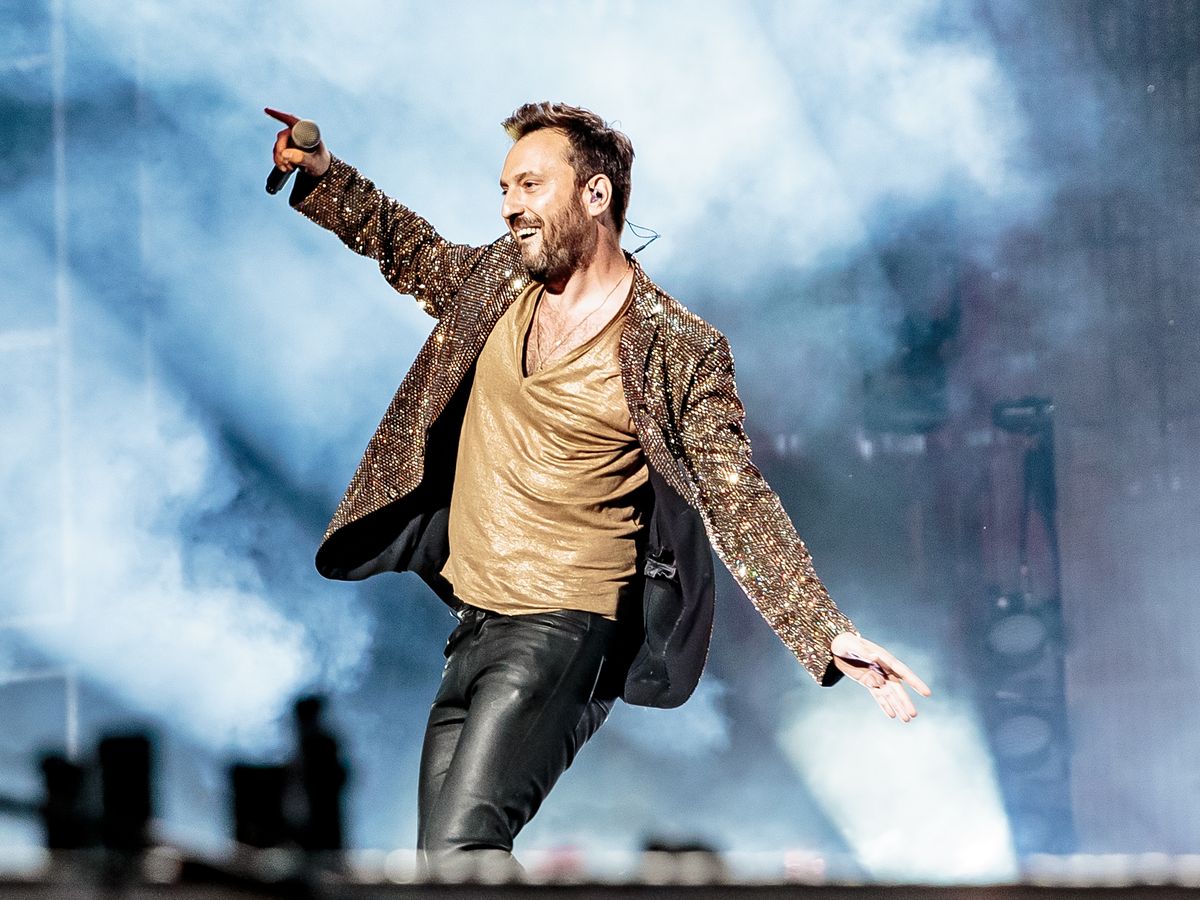
Cesare Cremonini; Photo by Andrea Pergamo, CC BY-SA 4.0
2000: The new millennium kicks off on a high note with Italian sisters Paola and Chiara’s “Vamos a Bailar (Esta Vida Nueva)“, which is elected the “best tormentone ever” by readers of the Italian magazine TV Sorrisi e Canzoni in 2009. Although the sisters don’t win Festivalbar–the award goes to Lùnapop and their song “Qualcosa di grande” (perhaps as compensation for the previous year’s oversight)–the queer icons leave an indelible mark on the memory of the Italian public, thanks in part to a music video directed by future Oscar winner Luca Guadagnino. It’s also worth mentioning the Spanish duo Jarabe de Palo and their swanky song “Depende“, which has a successful (and danceable) Italian version.
2001: Italy sings along to “Tre Parole” by newcomer Valeria Rossi. With its light sound and almost childlike lyrics, the song is a motto for summer: “dammi tre parole: sole, cuore, amore” (“give me three words: sun, heart, love”). Although this song tops charts across Europe, Rossi will soon disappear from the scene.
2002: In 2002, all the world dances salsa to “Aserejé“, the smash hit from girl group Las Ketchup, composed of Lola, Pilar, and Lucía Muñoz. Propelled to fame by his 2002 song “Rosso relativo”, Tiziano Ferro proves the critics who dismissed him as another teenage phenomenon wrong.
2003: DJ Francesco’s catchy rap song “La canzone del capitano” becomes the best-selling record of the 21st century in Italy, and the title–“The Captain’s Song”–is this summer’s catchphrase. However, Festivalbar once again prefers a veteran like Eros Ramazzotti and his hit “Un’emozione per sempre“, a heartfelt love song that tops the charts all summer. “Chihuahua”, Swiss DJ BoBo’s remix of the song by Luis Oliveira and his Bandodalua Boys, is undeniably catchy, playing on repeat at stabilimenti, in TV commercials, and, against their will, in every Italian’s head.
2004: Anastacia’s pop-y, emotionally-charged song from the United States “Left outside alone“, about her difficult relationship with her father, has us screaming along, and Luca Dirisio’s “Calma e sangue freddo” reminds Italians to keep calm and be cold-blooded. But the summer’s guiltiest pleasure, the electronic “Dragostea din tei”, comes from the Moldovan band O-Zone.
2005: An all-Italian musical triumph: Nek’s “Lascia che io sia” (the Festivalbar winner), nostalgic record “Estate” by newcomers Negramaro, “Marmellata #25” by Cesare Cremonini, and “Come se non fosse stato mai amore” by Laura Pausini. These songs remain the most applauded at these artists’ concerts.
2006: Another victorious year, this time on the soccer field as Italy finally wins the World Cup after 24 years. Italians chant The White Stripes’s “Seven Nation Army” during these heated soccer matches, now famously referred to as “po-popopo-popopo” after the song’s distinct opening baseline. The unintentional anthem of the Italian soccer team, however, is comedian Checco Zalone’s “Siamo una squadra fortissimi” (“We are a Very Strong Team”). Intentionally peppered with grammatical mistakes and sharp irony, the song is a big inside joke among Italians.
2007: Festivalbar is discontinued due to budgetary issues. The final edition crowns Negramaro’s “Parlami d’amore“, and Irene Grandi receives the Radio Award for her song “Bruci la città“, which becomes an instant summer hit. Despite various imitation attempts, no summer competition will replicate Festivalbar’s success.
2008: Meanwhile, talent shows are becoming a phenomenon. Giusy Ferreri, a former supermarket clerk who placed second on X Factor, has a breakthrough with her song “Non ti scordar mai di me”, written by Tiziano Ferro. She surpasses competition from much more established singers and becomes a staple of Italian summers, delivering a banger almost every year since–though 2015’s “Roma Bangkok” (in collaboration with Baby K) may be her greatest hit.
2009: Italians jam to the promise that “tonight’s gonna be a good night” with the legendary Black Eyed Peas, who drop a bomb with their song “I Gotta Feeling“. Italian melancholy remains, however, with “Per Dimenticare” by Zero Assoluto, validating all those who refuse to go to their exes’ weddings.
2010: Our story, which began during the “magical Italian nights” of 1990, ends with another World Cup, this time in South Africa. The year is remembered not only for the underwhelming performance of the Italian national team, but for the championship’s official anthem, “Waka Waka (This Time for Africa)” by Shakira. Meanwhile, amori estivi (summer loves) are given the rhythm of Jovanotti’s “Baciami Ancora”, imploring their boos to kiss them again and again and again.
To those who scan the QR code below for our tormentoni playlist, be warned. You might have some sleepless summer nights ahead of you.
